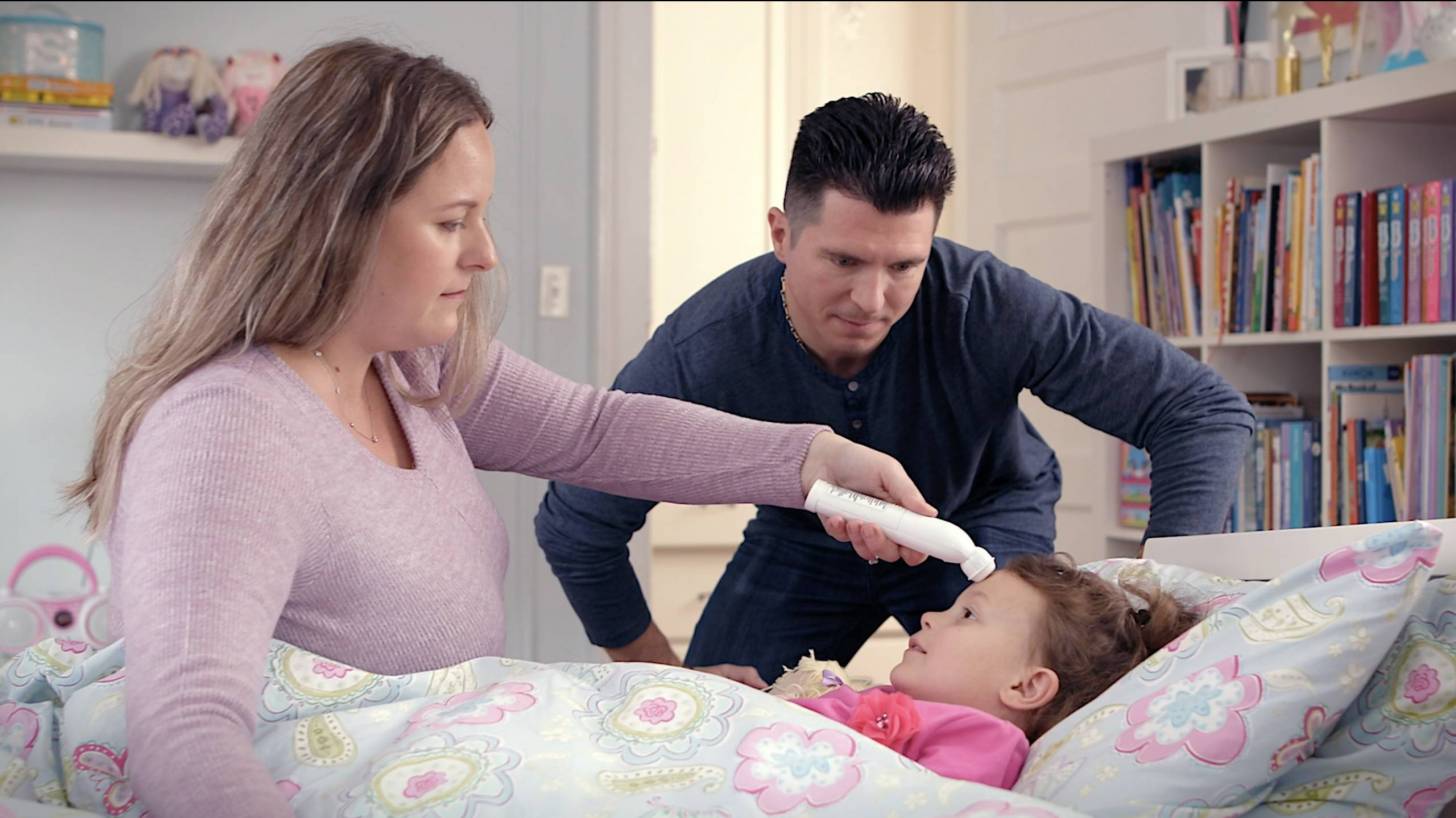Universal Flu Shot Launches Early Clinical Study

The National Institutes of Health Clinical Center in Bethesda, MD, recently announced a Phase 1 clinical trial of a novel influenza vaccine that has begun inoculating healthy adult volunteers.
This innovative study will evaluate the safety of the whole-virus BPL-1357 vaccine candidate’s ability to prompt immune responses.
BPL-1357 was developed by researchers at the National Institute of Allergy and Infectious Diseases (NIAID).
“Influenza vaccines that can provide long-lasting protection against a wide range of seasonal influenza viruses, as well as those with pandemic potential, would be invaluable public health tools,” commented NIAID Director Anthony S. Fauci, M.D., in a press release issued on June 28, 2022.
“The scientific community is progressing on this pressing global health priority.”
“The BPL-1357 candidate influenza vaccine being tested in this clinical trial performed very well in pre-clinical studies, and we look forward to learning how it performs in people.”
BPL-1357 is a vaccine comprised of four strains of non-infectious, chemically inactivated, low-pathogenicity avian flu virus.
In the Phase 1 trial, volunteers will be randomized in a 1:1:1 ratio into three groups and receive two doses of placebo or vaccine spaced 28 days apart.
Group A participants receive BPL-1357 intramuscularly along with an intranasal saline placebo; Group B will receive doses of the candidate vaccine intranasally along with an intramuscular placebo; volunteers in Group C receive intramuscularly and intranasally delivered placebo at both visits to the clinic.
Neither the study clinicians nor the volunteers know the group assignments. Volunteers must not have received any type of flu vaccination eight weeks before enrollment. In addition, they must agree to forego seasonal flu vaccination for approximately two months after the second vaccine (or placebo) dose.
“With the BPL-1357 vaccine candidate, especially when given intranasally, we are attempting to induce a comprehensive immune response that closely mimics immunity gained following a natural influenza infection,” added Matthew J. Memoli, M.D., M.S.
“This is very different than nearly all other vaccines for influenza or other respiratory viruses, which focus on inducing immunity to a single viral antigen and often do not induce mucosal immunity.”
“Our study will examine the safety of BPL-1357 and also will allow us to assess the importance of mucosal immunity against flu and whether a strategy of inducing both the cellular and antibody arms of the immune system can provide broader protection against the ever-changing influenza virus,” he added.
A universal influenza vaccine could reduce the variable effectiveness identified each flu season.
Lisa Grohskopf with the U.S. CDC's Influenza Division presented highlights regarding the current flu season during the ACIP meeting on June 22, 2022.
Preliminary results for the 2021–22 flu season indicate influenza vaccination reduced acute respiratory illness due to influenza A(H3N2) virus by 35% (95% CI: 19‒47) based on enrollment through April 30, 2022.
The NIAID conducts and supports research at the National Institutes of Health to study the causes of infectious and immune-mediated diseases and to develop better means of preventing, diagnosing, and treating these illnesses.
Additional flu shot news is posted at PrecisionVaccinations.com/Flu.
PrecisionVaccinations published fact-checked, research-based vaccine news curated for mobile readership.
Our Trust Standards: Medical Advisory Committee
























